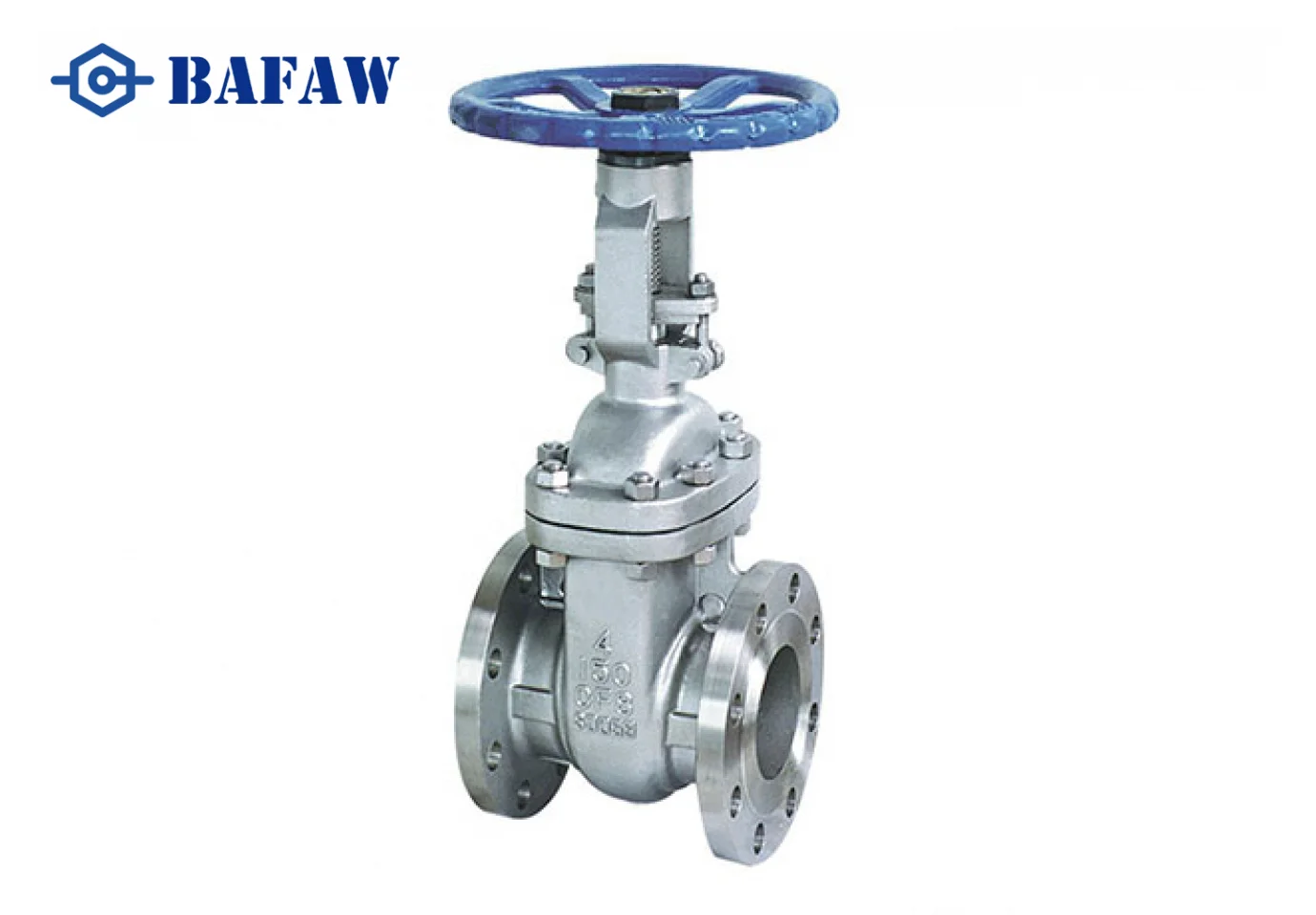Five Key Factors You Need to Know Before Choosing a Gate Valve
February 11, 2024In the realm of industrial operations, the selection of gate valves holds paramount importance. These valves act as guardians, regulating the flow of fluids and gases in pipelines and ensuring smooth operation of various systems. In this blog post, we'll delve into the five key factors you need to know before making that decision.
Material
Material plays a crucial role in determining the performance, durability, and suitability of gate valves. Firstly, the material's resistance to corrosion is paramount since different working mediums may possess varying chemical properties. Opting for corrosion-resistant materials ensures the stable operation of gate valves in corrosive environments. Additionally, gate valves must exhibit temperature adaptability to withstand the impacts of high or low temperatures, ensuring normal operation under extreme temperature conditions. Choosing materials suitable for specific working conditions and medium types ensures that gate valves achieve optimal performance in particular environments.
Pressure Ratings
Pressure ratings are vital considerations when selecting gate valves. The pressure-handling capacity of materials directly influences the safety and reliability of gate valves under operating pressures. Material pressure ratings reflect their maximum load-bearing capacity under specific operating pressure and temperature conditions. Selecting materials with pressure ratings that meet system operating pressure requirements ensures that gate valves do not experience leaks or other safety issues during operation, safeguarding system stability and reliability.
Size
Size compatibility between gate valves and pipeline systems is essential to ensure proper sealing and fluid control. Properly sized gate valves can reduce the risk of fluid leakage and improve system operational efficiency. Additionally, selecting the appropriate valve size based on system flow requirements and layout contributes to a more rational and efficient system design and layout. Factors such as operating torque and installation space should also be considered when selecting valve sizes to ensure smooth installation, operation, and maintenance.
Operation Types
Gate valves come in manual and automatic operation types. Manual operation is suitable for simple control scenarios, while automatic operation is ideal for complex systems requiring remote or timed control. Choosing the appropriate operation type enhances operational convenience and efficiency, especially in situations requiring frequent operation or in hazardous environments. Furthermore, considering the integration of gate valves within the entire pipeline system and cost-effectiveness factors, selecting the appropriate operation type ensures coordinated system operation and management while achieving a balance between costs and benefits.
Environmental Conditions
Environmental conditions, including temperature and pressure, are critical factors in selecting gate valves. Gate valves must withstand the temperature and pressure of the operating environment to ensure system safety. Additionally, considering environmental conditions and operational requirements, selecting suitable valve materials, designs, and operation methods can improve system operational efficiency, stability, and safety. Finally, selecting gate valves that comply with safety standards and regulations ensures the safe operation of the system and compliance with relevant regulations and standards.
In conclusion, choosing the right gate valve involves careful consideration of multiple factors. By understanding and addressing these key factors, you can make informed decisions that optimize system performance, enhance reliability, and mitigate operational risks. For more information on gate valves and industrial solutions, visit BAFAW.






